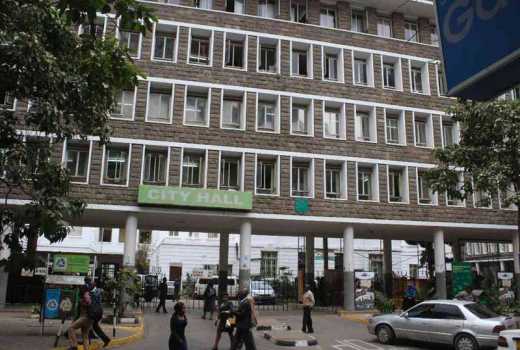
They say the Capital tells so much about a country. So if you want to know how a country is fairing - socially, economically and politically- look no further than the city. Thus to know more about Nigeria, look at Lagos; to know more about China, Beijing; the UK, London; France, Paris; the US, New York. It is no wonder then that mayors of such renowned cities go on to effortlessly run countries.
Many Kenyans will laugh off the thought of the past mayors of Nairobi - even the current administrators- gunning for big office. And not for any reason other than that Nairobi, the business hub of the region, has refused to live up to its billing. Nairobi’s problem is simply that its resources have either been stolen or mismanaged.